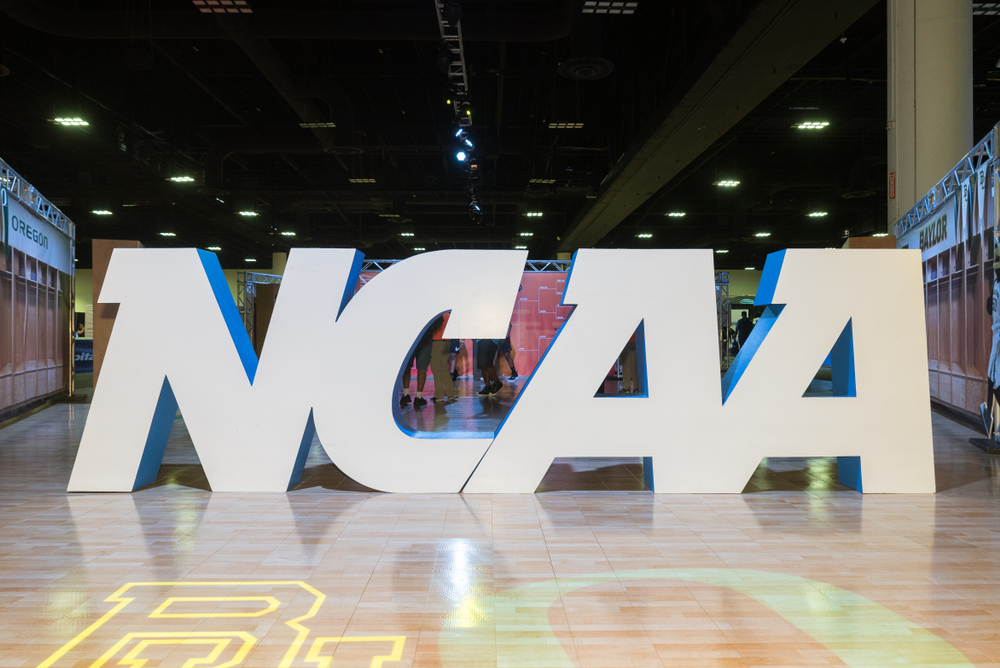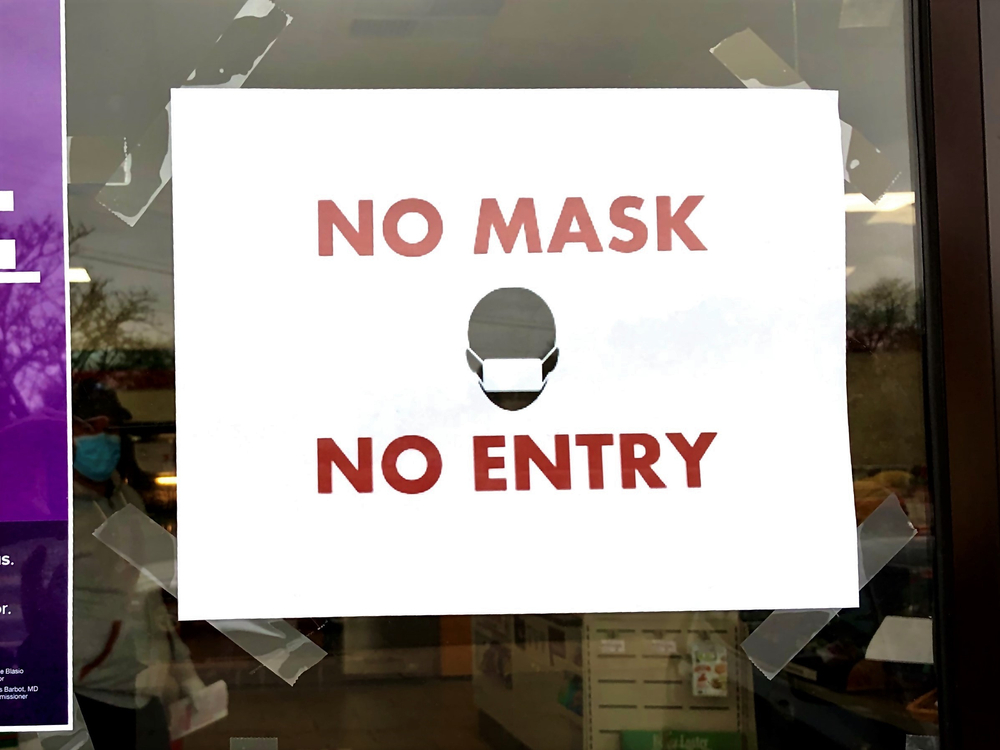When COVID-19 closed the Tampa campus of the University of South Florida in March, Jarrett Lafleur’s education turned to online classes. He’s now one of thousands of students across the country to join class action lawsuits demanding tuition reimbursement from their universities.
The mechanical engineering major started with two online classes through live platforms at the same time the classes had been held in person. A third teacher posted videos the students could watch anytime on their own and a fourth posted assignments but didn’t continue to lecture.

“Some teachers assumed we had more free time, so they gave us a lot of busywork and a lot of assignments,” Lafleur, now a senior, said. “The class was just as hard as if it had been in person, but without as much guidance.”
In July, he joined a class action lawsuit against USF. Lafleur is represented by Leeds Brown Law in New York City, which has filed class action suits against 60 colleges.
The firm has brought class action lawsuits on behalf of employees for wage and hour violations as well as consumer class action suits for years.
Parents started calling soon after colleges switched to distance learning, according to attorney Jeffrey Brown. Then the firm posted announcements and news releases on social media to reach more students and parents.
“A number of clients who have children enrolled in schools are very upset to hear there was not some type of significant refund coming to the students,” Brown said. “The online education did not meet the same standards as an in-person, collaborative program.”
RELATED: Ruling: Federal courts overcharge for online public records
RELATED: Divorce spiking during pandemic
Numerous firms around the country are doing the same.
Charleston, S.C.-based Anastopoulo Law Firm has set up a website, CollegeRefund2020.com, to recruit plaintiffs. (Founder Akim Anastopoulo, dubbed “Judge Extreme Akim,” presided over a fictitious court on the TV show Eye for an Eye from 2003 to 2009.)
A survey of schools
In April, Mark Kantowitz, Vice President of Research for Savingforcollege.com looked at 100 colleges around the country and the actions they were taking in terms of refunds. He went online to see the statements and policies posted by a variety of schools, small to large, public and private, and found most were offering some type of refund for room and board. Seventy schools were giving cash refunds for students who had to move out of dorms and leave their meal plans, while 20 were offering some kind of voucher toward future costs. Two weren’t offering anything and eight were undecided at the time.
Very few were giving money back on tuition, according to Kantowitz.
“Students are arguing that there is a qualitative difference between online and in-person education, especially when classes were Zoomified in a hurry,” he said.
One student’s story
Lafleur, at USF in Tampa, echoed the compromise in quality when it omes to online classes.
Some teachers were easier to reach than others via email.
“It’s harder when you can’t walk up to them at the end of class and ask questions or if it takes them two days to respond to an email,” he said. “I understand everyone had a lot going on but it’s their job.”
Along with feeling he should have a significant refund because of the lesser quality of the academic education, Lafleur points to USF charges that cover the upkeep of campus, as well as a $200 parking pass he used for only a few months.
Lafleur finances college through a combination of loans and help from his parents through the Florida Prepaid program. He lost his job as a valet at a Tampa hotel soon after the pandemic started, so money is even tighter than when he signed his tuition contract.
“From talking with friends at other schools where their tuition was decently reduced, I thought this isn’t fair,” he said.
USF declined to comment on ongoing litigation. Spokeswoman Althea Paul said the school has implemented many safety measures on campus to enable a variety of classes this fall.
"The University of South Florida will deliver fall classes using a flexible hybrid approach that includes a mix of fully face-to-face courses, fully online courses and blended courses that are partially in person and partially online," she said. "The health and safety of our students, faculty and staff is our highest priority."
Breaking down the price of college
When seeking monetary refunds for an unfulfilled contract, it’s key to determine what was promised, what was delivered, and the cost of services that weren’t delivered. All of this is murky when looking at tuition contracts between colleges and students.
Very few specify classes will be in person, so colleges can argue they are still delivering what they promised, just in a different format. A credit hour is a credit hour.

“My sense is that it could be pretty hard for people to say they are definitely not getting their money’s worth,” said Tony Lathrop, an attorney with Moore & Van Allen in Charlotte, N.C., who specializes in business litigation. “I think it’s not going to be an easy burden for the plaintiffs to show.”
He isn’t involved in any lawsuits against schools, but has 18 years of business dispute experience, including recent dealings with events that didn’t take place because of COVID-19.
If a student was taking a 10-person seminar that then went online, the quality may well have suffered, Latrhop reasoned. Yet the experience of a 200-person class that goes from a lecture hall to a Zoom call, may not really change at all.
So, there’s the muddiness of quantifying the cost of varying types of academic classes. It’s complicated as well to determine the cost of some of the other aspects of a college education.
Colleges offering refunds on dorms and meal plans could argue they are compensating students for the lost “residential” experience while the academic experience is being replicated online, Lathrop said.
“A lot of these colleges promote … clubs, sporting events, labs, professors and the overall campus experiences. I think it’s pretty clear based upon what they are promoting and what you are paying for you are expecting to get some live, in-person experience,” Brown said. “College is not just about getting the credits. You aren’t paying $50,000 a year to get online classes.”
He points to colleges that offer online classes as well as full online degrees for lower costs than they charge for residential experiences and cites the price differences in lawsuits.
Leeds Brown Law is retaining experts who will examine colleges and universities on a case-by-case basis to put a plausible price tag on what is being lost when students go online, Brown said.
“When students can’t come up with tuition or room and board or the sports fee, (schools) are quick to state the student is in violation of their contract if they can’t pay for these things… So, if they can sue students for not paying for it, students can sue them for not holding up their end of the bargain.’’
Contact Katherine Snow Smith at [email protected]. Follow her on Twitter at @snowsmith.













